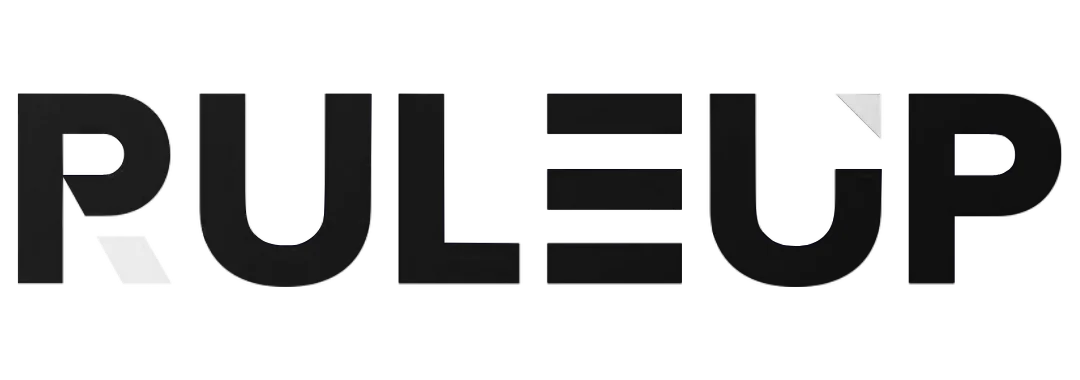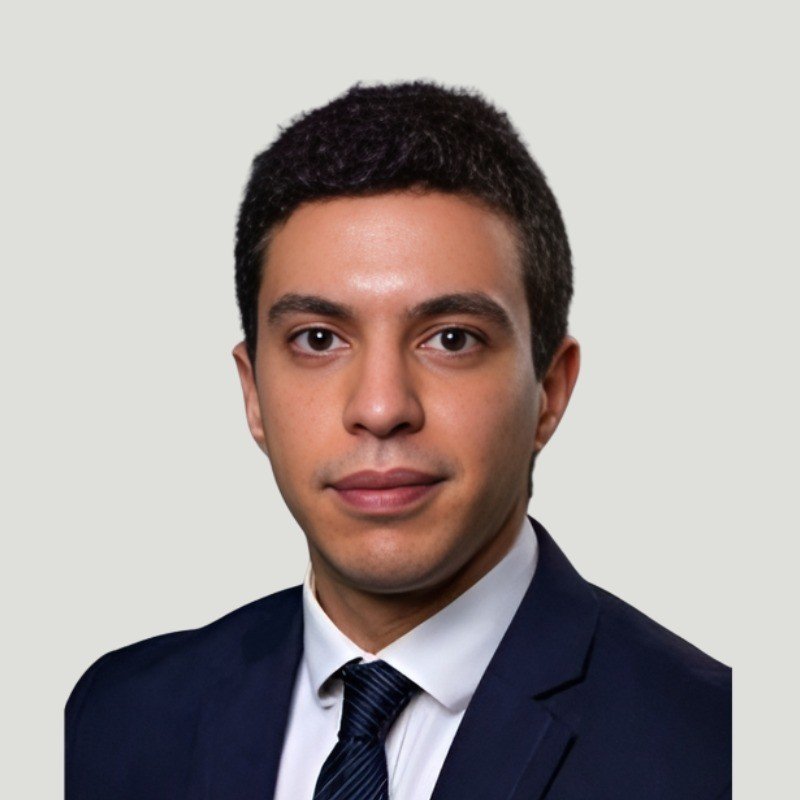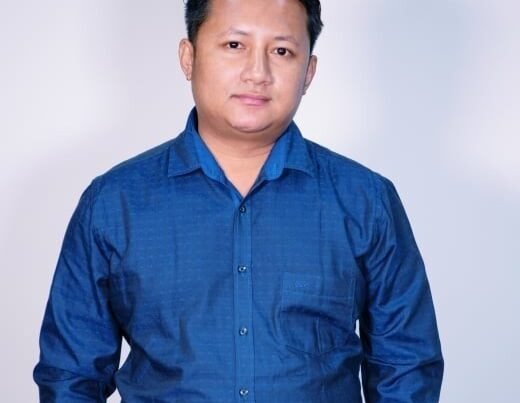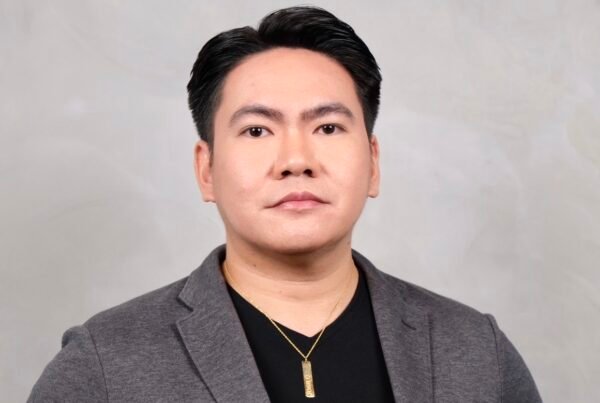In the rapidly changing landscape of technology and regulation, balancing innovation with compliance is a challenge for businesses of all sizes. Taha Oualif, the founder of Soter Advisory, has dedicated his career to solving this challenge. With a background that bridges engineering, business, and a career in top consulting firms, Taha brings a unique perspective to cybersecurity compliance. In this interview, he shares his professional journey, core values, and lessons learned, offering a window into what it takes to help businesses unlock growth while staying secure.
Tell us about yourself and your journey.
“My career started after I completed a dual engineering and business school education. I joined EY in Paris, one of the Big 4 audit and consulting firms, as a junior consultant specializing in IT risk management and security compliance. The experience was intense but invaluable—working with Fortune 500 clients was like being thrown into the deep end. It was a steep learning curve that provided me with incredible growth and skill development.
After a few years, I followed one of my managers into cybersecurity at MarshMcLennan, a global insurance brokerage firm. There, I helped build their cybersecurity consulting service line, which was an exciting challenge. After a successful stint, I began craving more international exposure and decided to move to London. That decision led me to a cybersecurity compliance role at a hedge/quant fund.
London was transformative. On a professional level, I gained invaluable insights into a high-paced financial environment. Personally, I met inspiring startup founders who opened my eyes to a niche opportunity: helping startups address cybersecurity compliance. Many of these companies had fantastic products but struggled to close deals with enterprise customers due to concerns about their security posture.
That’s when I decided to take the leap and start Soter Advisory. Our mission is to help startups and growing businesses unlock larger deals by demonstrating robust security practices. Today, our team of seven has supported over 30 clients globally, spanning multiple industries, and has helped them unlock tens of millions of dollars in sales.”
What personal values or principles guide your decision-making when faced with complex or ambiguous compliance issues, especially in an evolving regulatory landscape?
“Ambiguity and complexity are part of the game in today’s compliance standards. My approach has always been to focus on the spirit of the law rather than treating compliance as a box-ticking exercise. Regulations are not meant to stifle progress—they’re there to manage risk and foster trust.
When I start working with a client on a compliance project, my first step is to deeply understand their business—how they generate revenue, their priorities, and their dealbreakers. This surprises many clients because they expect me to dive straight into technical IT discussions. But I believe it’s crucial to remember that companies exist to create value, not just to meet compliance standards. The challenge lies in striking a balance between these two goals, and while it’s tough, it’s far from impossible.”
How do you approach the challenge of balancing strict regulatory compliance with the organization’s drive to innovate with new technologies like AI and blockchain, which may not yet be fully regulated?
“It’s true that emerging technologies often outpace regulation. However, if you look closely at existing compliance frameworks, certain principles remain consistent across industries. Concepts like risk identification, segregation of duties, and access control are timeless.
By embedding these foundational principles into the early stages of innovation—whether it’s AI, blockchain, or another frontier technology—you can create a strong security foundation. This approach, often called ‘security by design,’ prepares companies to meet future regulations while supporting their innovative goals. Understanding the broader intent behind regulations allows businesses to anticipate what’s coming and stay ahead of the curve.”
Can you share an experience that fundamentally shaped your view of compliance, perhaps where you realized its impact beyond regulatory necessity and as a core part of ethical business practice?
“Early in my career, I worked with a client who initially viewed compliance as nothing more than a checkbox exercise—a necessary evil to satisfy a customer’s demands. But during our engagement, we uncovered significant security vulnerabilities in their infrastructure. These weren’t just regulatory issues; they were risks that could have eroded customer trust if left unaddressed.
That experience changed the way I approach compliance. I now see compliance requirements as an entry point to broader conversations about security and trust. My goal is always to go beyond the minimum requirements, helping clients feel confident that they’ve not just met the standards but have truly strengthened their security posture. It’s about transforming compliance into a meaningful, value-driven practice.”
What has been the most surprising lesson about human behavior or organizational dynamics that you’ve learned as a compliance leader, especially when implementing new, potentially disruptive regulations?
“The biggest surprise has been how much resistance to compliance stems from fear of change rather than the complexity of the regulations themselves. People often worry about how compliance might disrupt their daily workflows or make them accountable for potential future issues.
To overcome this, I’ve learned that a successful compliance leader needs more than technical expertise. Interpersonal skills, empathy, and diplomacy are essential for helping teams navigate change. It’s about understanding their concerns and guiding them to see compliance as a shared goal rather than an external burden.”
With the constant pressure to stay ahead of evolving regulations, how do you personally maintain resilience and keep your team motivated amid regulatory fatigue?
“The pace of regulatory changes, especially in Europe, can be overwhelming. Staying up-to-date is not optional—it’s a necessity in this field. To maintain resilience, I encourage both myself and my team to invest in continuous learning and personal development. Whether it’s staying informed about new trends or acquiring fresh skills, these efforts keep us sharp and engaged.
Equally important is taking time to recharge. Burnout is real, and in a profession that requires relentless focus, it’s critical to prioritize well-being. A motivated and balanced team is far better equipped to tackle the challenges of constant change.”
Taha Oualif’s journey from consulting in Paris to founding Soter Advisory is a testament to the value of blending technical expertise with business acumen and empathy. His approach to cybersecurity compliance goes beyond ticking boxes; it’s about creating trust, enabling innovation, and ensuring long-term growth for his clients.
In a world where regulations are constantly evolving, leaders like Taha remind us that compliance isn’t just about meeting standards—it’s about building ethical, resilient businesses that are prepared for the future.






